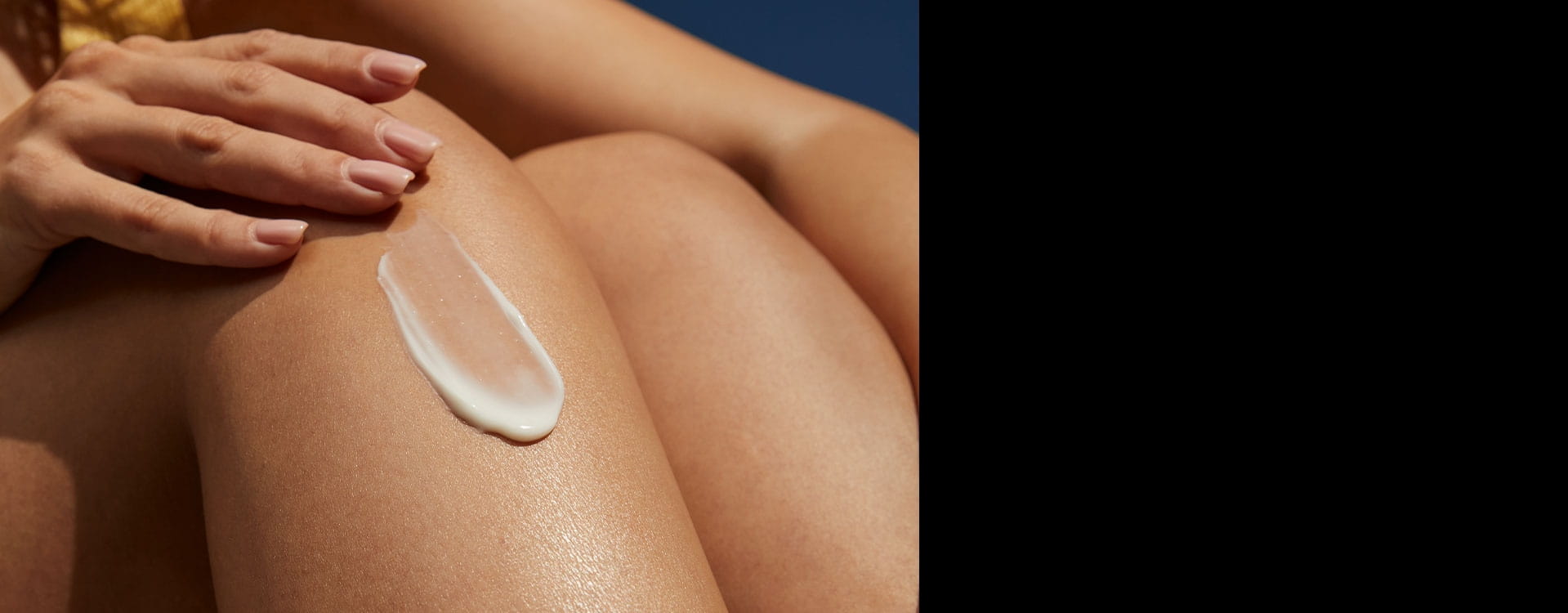Transparency is the key to an effective and sustainable palm oil roadmap. That is why we work closely with our suppliers to trace the raw materials we use back to their sources. We have significantly increased the transparency of our palm oil supply chain, meaning we are aware of the origin of 92 percent of our purchasing volume for palm (kernel) oil-based raw materials.
Together with local partners, NIVEA’s parent company, Beiersdorf, works with smallholders on the ground, promotes cultivation without further deforestation, and contributes to improving the living standard and economic situation of local communities. With our commitment in the Indonesian region of West Kalimantan, not only do we support 240 smallholders directly, but an additional three local villages with around 4,500 inhabitants benefit from our project as well.



